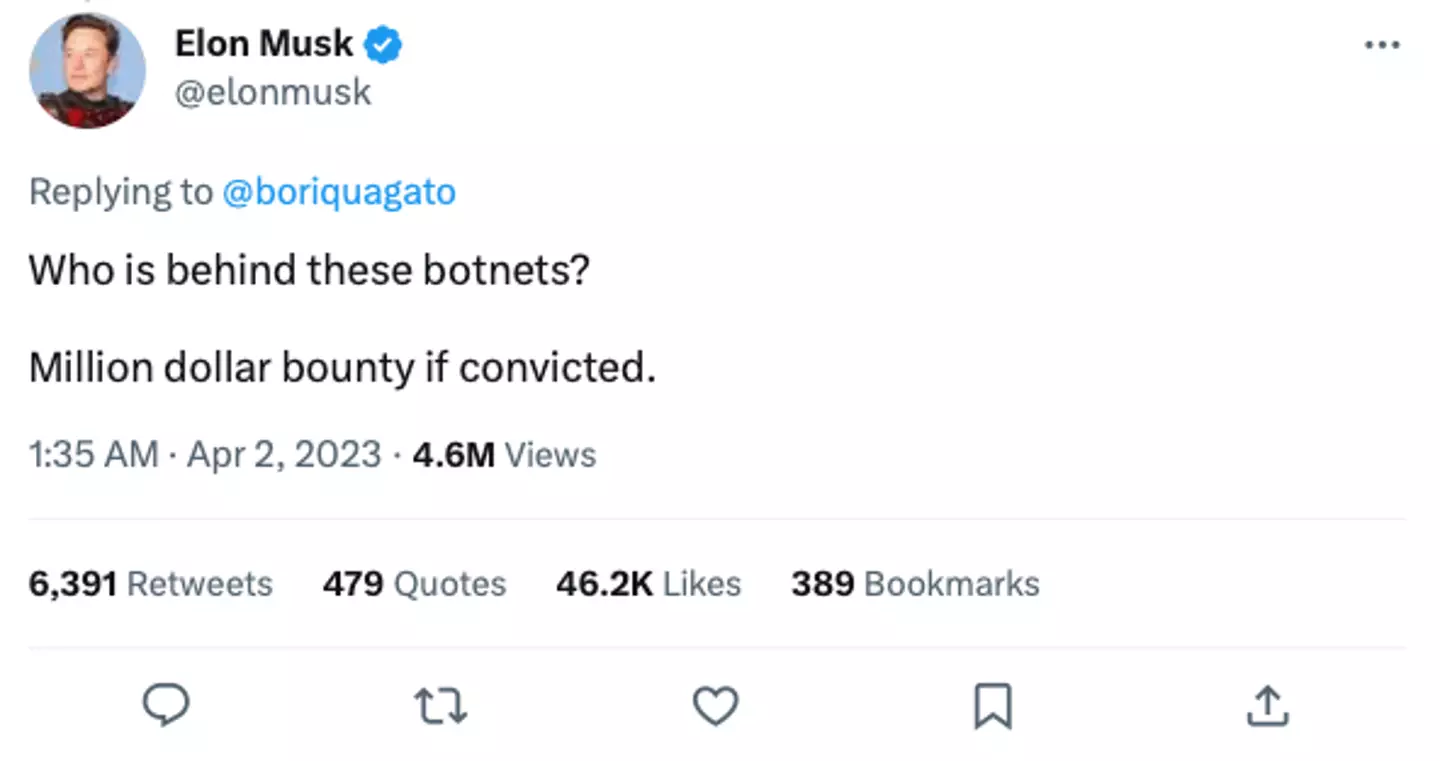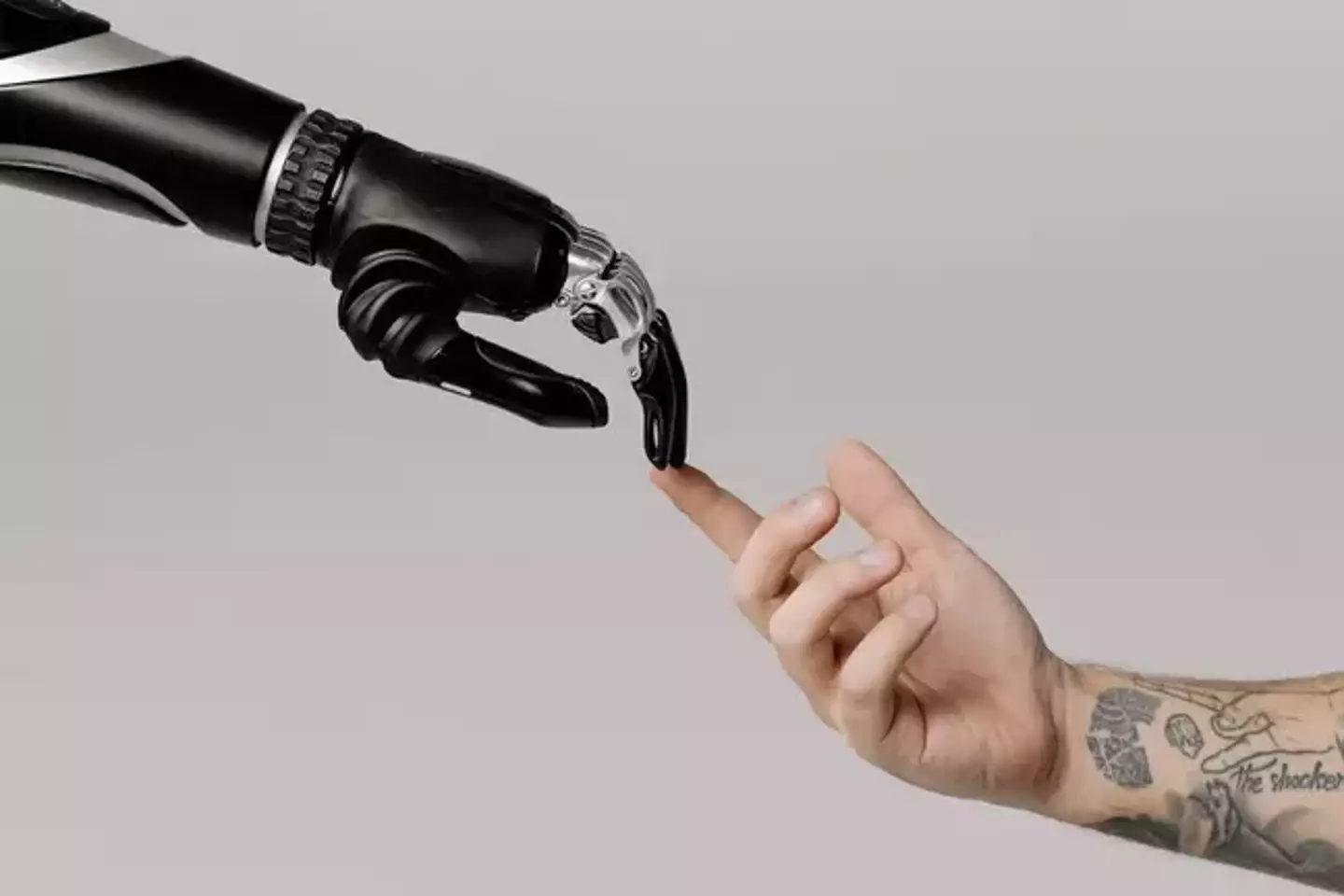.png)
Twitter boss Elon Musk has offered a $1 million bounty in the search to find those responsible for Twitter 'botnets' causing absolute havoc.
For those unaware, a botnet is a network of computers or Internet-connected devices running bots under someone's control, according to Malwarebytes.
These devices are allegedly targeting reputation scores on Twitter, which follows on from the platform's decision to make some of its algorithms and coding information open-source.
Advert
"Twitter just open-sourced their algorithm," explained security boffin Steven Tey. "Some initial takeaways: Your following to follower ratio matters. @TwitterBlue subscribers do get a boost in the algorithm."
Another security researcher, @boriquagato, quoted Steven's tweet and explained how the bots are targeting accounts and have the ability to block lists, follow and unfollow.
"They block w/ 100k bots/add you to block lists. Follow then unfollow mass report and mute. And you're silenced @elonmusk," the expert tweeted.
"Easy fix: only allow blue check mutes/blocks/reports to count. Ban blocklists."
Musk then responded to the tweet: "Who is behind these botnets? Million dollar bounty if convicted."
UNILAD has contacted Twitter for comment.

Well, the tech savvy billionaire has recently joined a group of tech chiefs who want to pause the development of artificial intelligence (AI).
The likes of Apple co-founder Steve Wozniak and Skype co-founder Jaan Tallinn, have signed an open letter demanding that all labs training AI systems stop for at least six months.
US tech firm OpenAI released its latest version of AI chatbot ChatGPT earlier this month - after it was officially launched last year.
The bot can respond to questions in a human-like manner and understand the context of follow-up queries, much like in human conversations. It can even admit its own mistakes or reject inappropriate requests.
ChatGPT also broke the record to become the fastest-growing user base ever and reportedly reached over 100 million active users in January this year.
But is there a risk attached to the rapid growth of AI?

"Recent months have seen AI labs locked in an out-of-control race to develop and deploy ever more powerful digital minds that no-one – not even their creators – can understand, predict or reliably control," the letter reads.
"Powerful AI systems should be developed only once we are confident that their effects will be positive and their risks will be manageable."
They have called for researchers to focus on making sure the technology is accurate, safe and transparent.
The letter added: “Humanity can enjoy a flourishing future with AI. Having succeeded in creating powerful AI systems, we can now enjoy an ‘AI summer’ in which we reap the rewards, engineer these systems for the clear benefit of all and give society a chance to adapt.
“Society has hit pause on other technologies with potentially catastrophic effects on society.
“We can do so here. Let’s enjoy a long AI summer, not rush unprepared into a fall.”
Topics: Elon Musk, Twitter, Technology